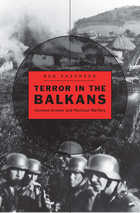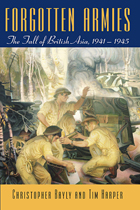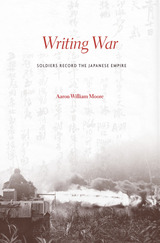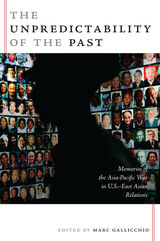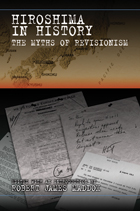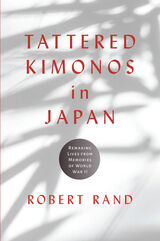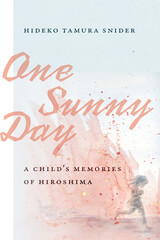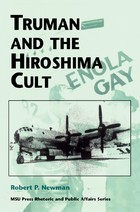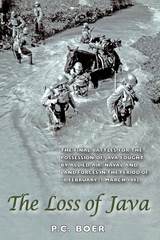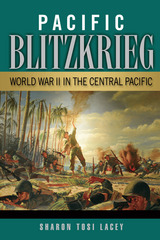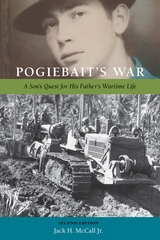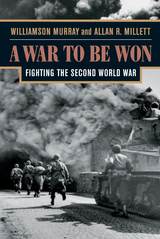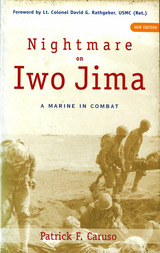Guns of February: Ordinary Japanese Soldiers' Views of the Malayan Campaign and the Fall of Singapore, 1941-42
National University of Singapore Press, 1990
Paper: 978-9971-69-273-5
Library of Congress Classification D767.55.F74 2004
Paper: 978-9971-69-273-5
Library of Congress Classification D767.55.F74 2004
ABOUT THIS BOOK | TOC
ABOUT THIS BOOK
Guns of February shows the Fall of Singapore and Japan's 1941 military campaign in Malaya through the eyes of Japanese soldiers who took part, based on interviews, memoirs, war diaries, and other Japanese-language sources. Although an enormous number of books have been published on Japan's wartime advance into Southeast Asia, few books in English make much use of Japanese sources, and they reveal little of what happened on the Japanese side. In the words of the author, the Japanese"'advance by brigade groups', 'outflank the defence', 'sustain many casualties', and remain altogether a largely faceless mass bicycling their way down to Singapore." In Guns of February some of the voices of these soldiers are finally heard, and they tell a fascinating story. A few of them were professional soldiers who served their country with commitment and dedication, but many were conscripts hoping to stay alive, curious and apprehensive about the countries they entered, and moved by the plight of the people whose cities and towns they sometimes destroyed. Many were young men, interested in girls and in the sights and sounds of Southeast Asia, but also missing their families and the familiar world of Japan. It is a picture far removed from the staple view of the remorseless and fanatic Japanese soldier totally devoted to his Emperor and determined to die for his country. In writing this account of the Japanese advance on Singapore, the author attempted to show the universal humanity of the actors concerned.

